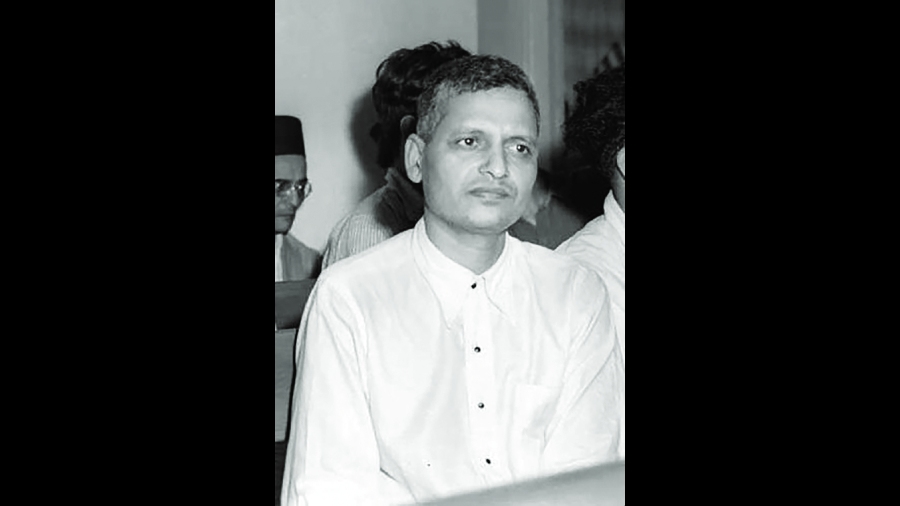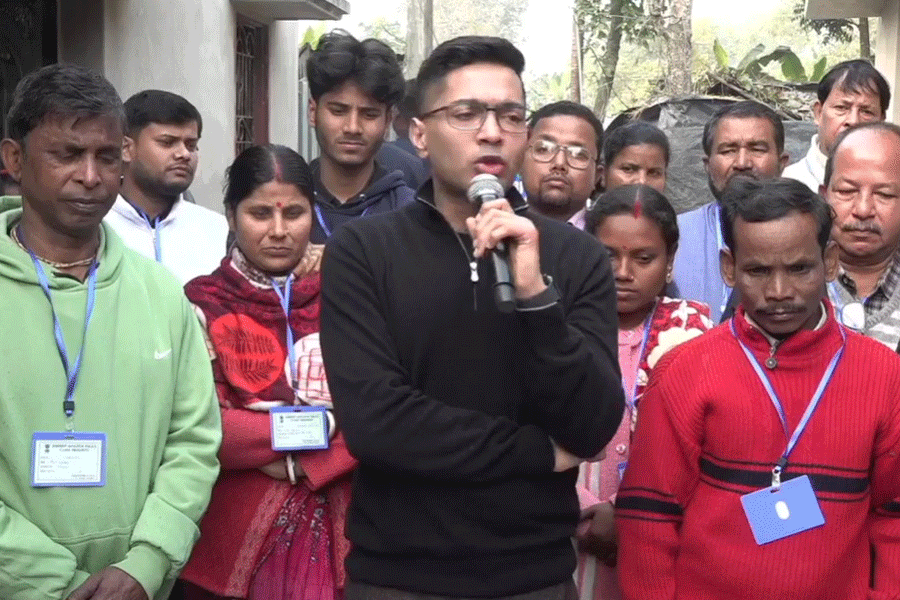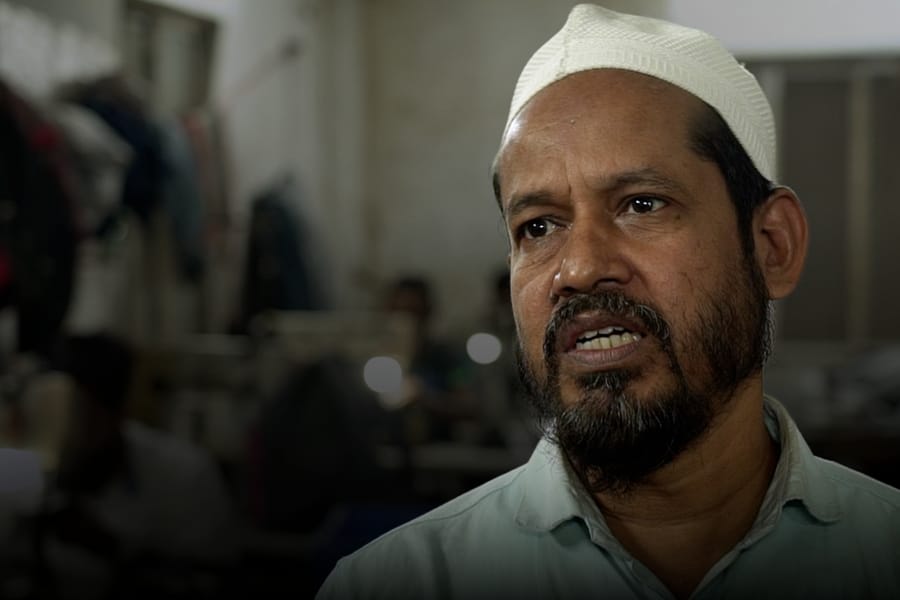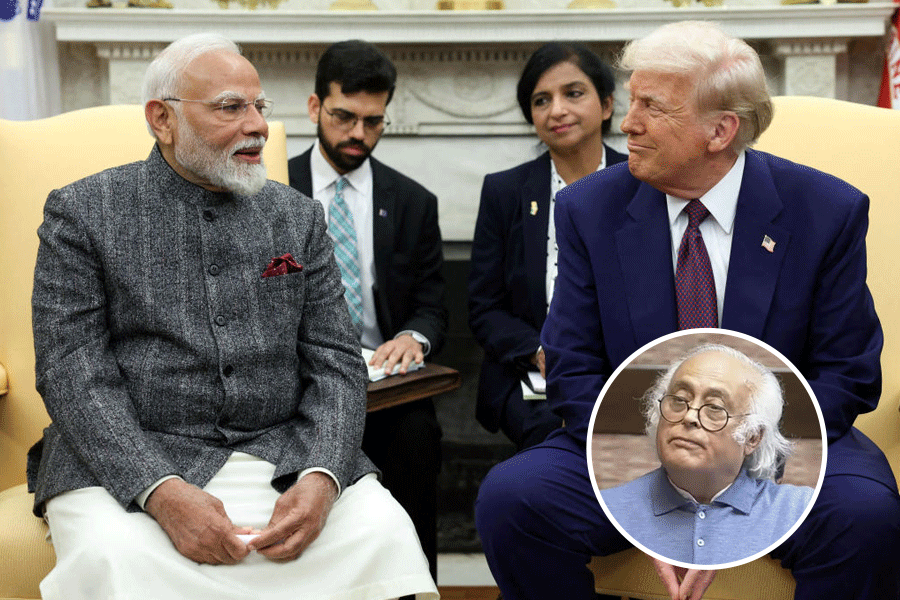Book : Gandhi’s Assassin: The Making of Nathuram Godse and His Idea of India
Author : By Dhirendra K. Jha,
Publisher: Vintage
Price: Rs 699
Dhirendra K. Jha’s meticulously researched book leaves no stone unturned in its earnest endeavour to decipher the pernicious ideological roots and simultaneously map the bigoted individual thought processes that eventually culminated in the brutal assassination of Mahatma Gandhi on the cold Delhi evening of January 30, 1948. Making use of hitherto unpublished archival resources, Jha journeys well beyond the insidious plot to assassinate Gandhi, assiduously exploring the drifts and the cross-currents of politics during the 1930s and the 1940s — a period that marked an epochal transition in Indian history through cataclysmic events like the Partition and the transfer of power. While scrupulously laying bare the gradual ossification of Nathuram Godse’s resolve, Jha also judiciously directs his efforts at demystifying the political obfuscation — allegedly designed by the radical forces in the immediate post-assassination period — laregly to mask the ideological allegiance of the assassin, a disaffected youth who had been steered into the fold of early Hindutva through a complex interplay of deleterious circumstances.
Beyond political dissection, Gandhi’s Assassin serves as a fine instance of life-writing as well. Jha carefully reconstructs various interesting anecdotes from Godse’s life. These range from Godse’s parental initiation into an androgynous childhood to his desperate chanting of the slogan, ‘Akhand Bharat’, while being led to the gallows. Such resourceful compilation of events makes for a riveting reading experience for lay readers and historians alike.
With three earlier sons failing to survive their infancy, Lakshmi and Vinayakrao Godse desperately tried to dodge the recurrence of a similar ill-fate by rearing their fourth son as a girl-child. In order to propitiate their family gods, the child’s nose was pierced and he was made to wear a nath (nose ring). Therefore, the surviving child acquired the name, ‘Nathu’ (for his pierced nose), and, subsequently, Nathuram, although his official name was Ramachandra Vinayak Godse. The prodigious child-mystic, however, did not live up to the high expectations of his father in his later life. After failing the matriculation examination in 1929, Godse gave up his studies, thereby abandoning the possibility of securing a respectable job. Jha traces how, amidst these drifting, challenging circumstances, Nathuram found his new stimuli in the Rashtriya Swayamsevak Sangh, an outfit of Hindu men firm on implementing the vision put forth by Vinayak Damodar Savarkar.
Parallel to the portrayal Godse is Jha’s compelling and well-researched etching of his junior co-conspirator, Narayan Apte. Hailing from a highly educated background, the “cigarette-smoking, whisky loving, English-educated” science graduate from Poona’s Fergusson College was, according to Jha, “hardly the prototype of a Hindutva activist”. The chapter, “An Army”, wonderfully contrasts these characters. While Apte’s enterprising “persona exuded confidence and an irrepressible charm”, Godse “entirely lacked confidence and was far from imposing in appearance”. Such dissimilarities, as Jha insists, went beyond their apparent demeanours and extended to their food habits, sartorial sense and even interactions with the opposite sex.
The most extraordinary contribution of Gandhi’s Assassin lies in trying to nail the inexorable liaison between Godse and the RSS, a connection that the former had firmly denied. In the course of his trial, Godse reiterated that in order to protect the “just rights of the Hindus”, he had left the sangh and joined the Hindu Mahasabha. Jha asserts that this claim “has remained one of the most debated aspects of Godse’s life” as, subsequently, “pro-RSS writers saw in it an opportunity to exonerate the RSS from the charges of Gandhi’s murder.” Contrary to Godse’s claim of joining the Hindu Mahasabha, Jha emphasizes that “the actual date of Godse’s formal joining of the Mahasabha remains unresolved to this day,” as “no evidence from any source — no document, no testimony — mentions it.” Such mesmerising critical engagements make Gandhi’s Assassin engaging, especially in these times of divisive politics.












